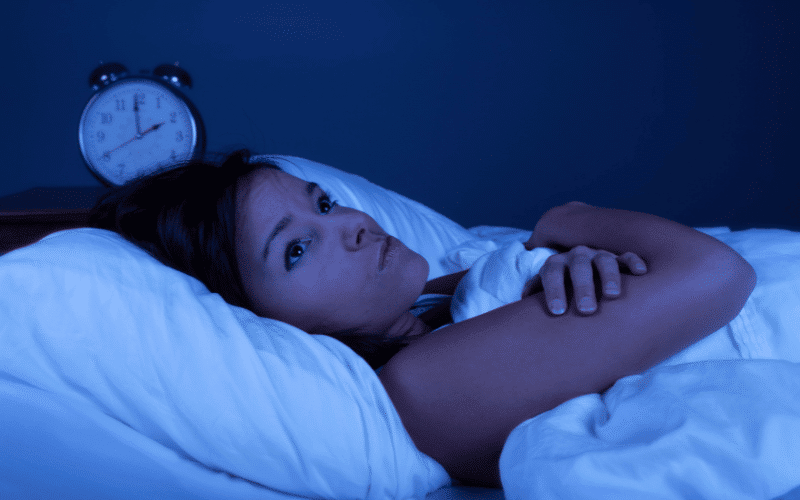Symptom 14. Difficulty Sleeping and Insomnia: The Restless Nights of Anorexia

Many individuals with anorexia nervosa experience difficulty sleeping, including insomnia or restless sleep. This can be attributed to various factors, including the physical discomfort associated with malnutrition, hormonal imbalances, and the emotional distress caused by the disorder. Chronic sleep deprivation can further exacerbate fatigue, impair cognitive function, and contribute to emotional instability.
The preoccupation with food, weight, and appearance that is characteristic of anorexia nervosa can also disrupt an individual’s sleep patterns. Racing thoughts or anxiety related to the disorder may make it difficult to fall asleep or cause the individual to wake up frequently throughout the night.
Treatment may involve the implementation of healthy sleep hygiene practices, such as establishing a consistent bedtime routine, creating a sleep-conducive environment, and limiting exposure to screens before bedtime. Additionally, addressing the underlying anxiety and emotional distress associated with the disorder can help improve sleep quality. (14)